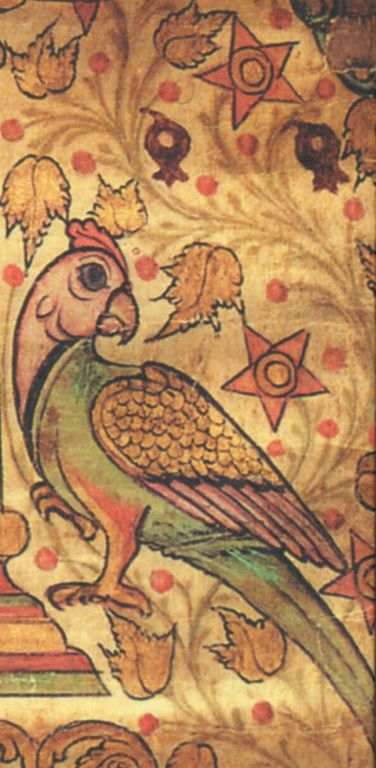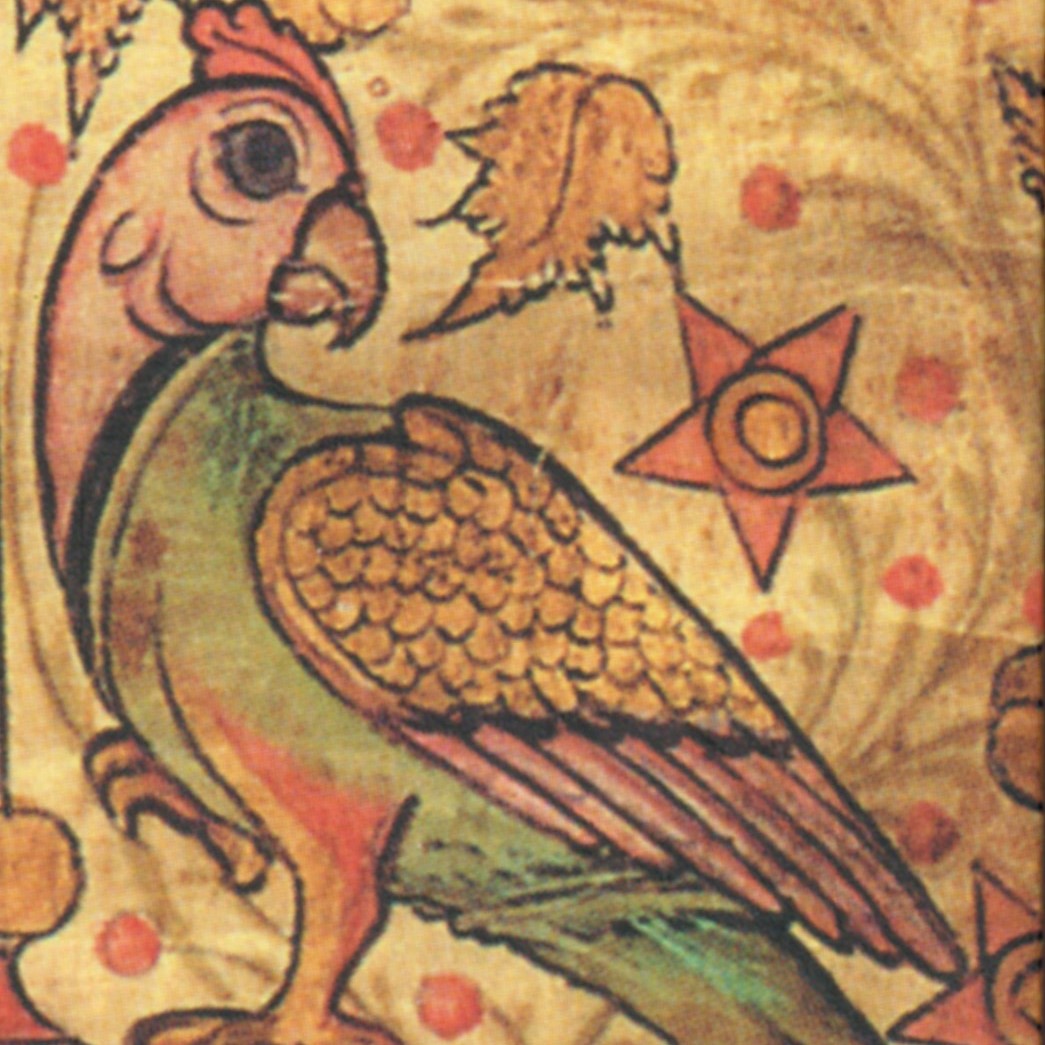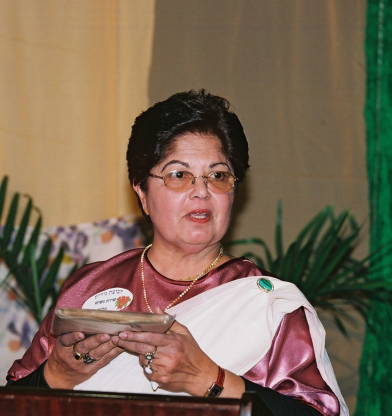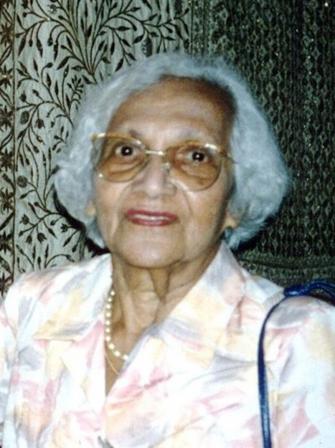2001
31. The Bridegroom Dressed in Gold
Rahel Kala, Venus Lane, Hannah Yitzhak, Simcha Yosef. Recorded at NSA studio, August 19, 2001. CD track 3; III-8.
Pŏnnāņandīņḍu taņḍu kaleṟī
Maṅgala vela kāņmān—nalla
Pŏnnŏru māla, māṟviluṃ pŏnnu
Posāri mandal mītě—nalla
1. In golden finery, he rides a palanquin,
The wedding to behold.
Nalla![1] A golden chain he wears.
In golden silk he is robed.
In golden silk he is robed.2. Nalla! Behold the king, the ruler—he is coming!
In splendid silk he is clothed.
Nalla! Four rows of guards in front
Hold peacock feather fans,
Hold peacock feather fans.3. Nalla! Then, marching in four rows, the Nayar guards
Are following behind.
Nalla! Are those the soldiers there,
The ones who dance and sing?
The ones who dance and sing?4. Nalla! With thundering blasts, the military band
Plays trumpets, flutes, and drums.
Nalla! All those who rush inside
Will give him gifts of rings,
Will give him gifts of rings.5. Nalla! Is this the king, or might it be Māran—
Embodiment of love—
Nalla! The one who’s playing there,
Upon the mountain slopes,
Upon the mountain slopes?6. Nalla! With cheers the men come in and shake the house,
With cries and shouts of joy,
Nalla! Just when the groom arrives,
To sit beside the bride,
To sit beside the bride.7. Nalla! Her anguished longings disappear, and in her breast
The pounding now is stilled.
Nalla! A lovely lady comes.
She’s dancing ǒppana,[2]
She's dancing ǒppana.8. Nalla! With all her charm she’s calling out:
“Please come and sit inside.”[3]
Nalla! He’s seated there in pride,
And who is sitting by his side?
Who is that by his side?9. Nalla! There stand the oil lamp and tray
With betel nuts and leaves.
Nalla! He’s seated there in pride,
And who is sitting by his side?
Who is that by his side?
Nalla!
Traditionally performed at a Jewish women's party the night before a wedding (Daniel and Johnson 1995, 179), this lively and playful song combines imagery and references from many Kerala traditions to portray a series of events during the wedding celebration. First comes the street procession of a king, accompanied by guards and the thundering music of a military band. As Zacharia notes (2005, 198), this image of a king blends into that of the bridegroom himself. Or—the song asks, shifting to another image—is this royal figure perhaps Māran, the divine “embodiment of love,”[4] playing on the distant mountain slopes? When the bridegroom enters the house—or approaches the marriage chamber—he is greeting by his male attendants and by a beautiful dancing woman who invites him to come inside and sit. When he does so, the tumultuous feelings of his bride (or, in another version, those of her naughty women companions) apparently are set aside. The couple sit together ceremonially on a raised platform, along with a traditional lamp and a tray of betel nuts. The emphatically repeated chorus of “Splendid!” effectively invites listeners to join in the singing.
Without specifically Jewish markers, these scenes are typical of marriage celebrations throughout Kerala. They present verbal reminders of neighboring cultural groups—first in the mention of a Hindu god of love and then in the beautiful woman who performs ŏppana, a typically Muslim dance form. The joking tone at the end, associated with entering the marriage chamber, has echoes of the Syrian Christian ritual called “Close and Open [the Door]!” in which the bridegroom's mother-in-law and other female relatives knock on the closed door and plead for him to come out (Varghese 2005, 48). I recall the joking tone in remarks by some Paradesi men when I first recorded this song in Kochi, and how one of the women singers indignantly rejected their suggestion that the ceremonial lamp was kicked over by the eager bride and groom!
Whereas parallel phrases and themes shared between Jewish and Knanaya Christian songs are pointed out elsewhere in this book (songs 2, 17, and 32), the lyrics of “All Dressed in Gold” include more than just a few shared phrases. Its first two lines and lines 7–10 (about the marching guards) are almost identical, word for word, to a Knanaya song with the same title, though the Christian version does not include the “Nalla!” chorus that punctuates the performance of the Jewish song (Lukose 1910, 13–14; Vellian 1999; Zacharia 2005, 198). Jussay (2005, 118–128) and Weil (1986, 198) use these shared lines as prime evidence in their discussions of what Weil calls cultural “diffusion” between the two groups.
“All Dressed in Gold” appears in seventeen different song notebooks from Kochi, Ernakulam, and Parur. This performance was recorded by singers originally from the Kadavumbhagam and Paradesi communities in Kochi.
______________________________
[1] The exclamation Nalla! means “Very Good!” In this context, it means “Splendid!”
[2] Ǒppana is a Kerala dance genre associated with Muslim weddings. For details, see Gamliel 2009, 81–85.
[3] Notebook S7 is alone in rendering this line as “Come and spread the bed.”
[4] Māran is another name for Kāma, the Hindu god of romantic love. This identification was made and discussed by Zacharia while we worked together on the translation (2001).







